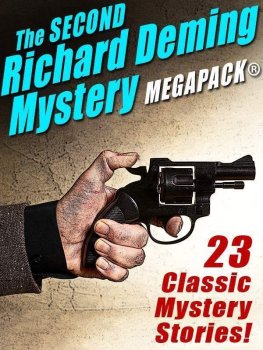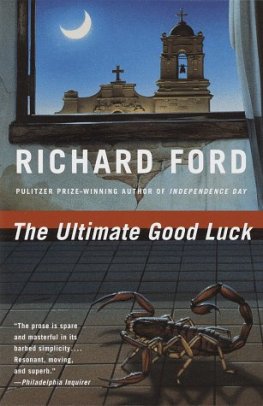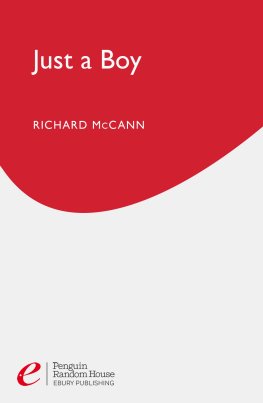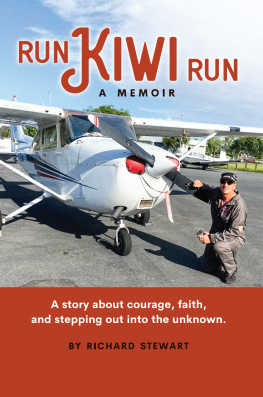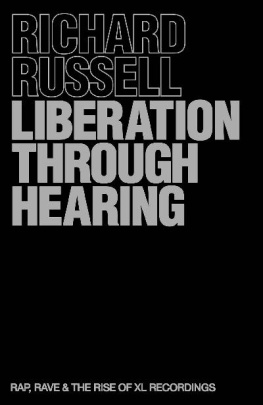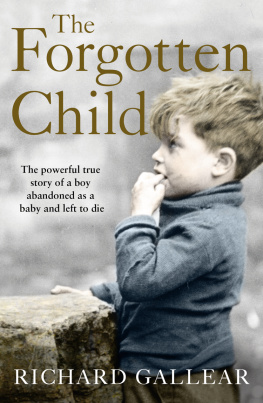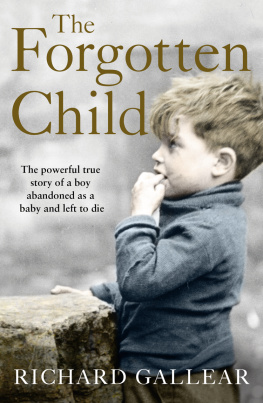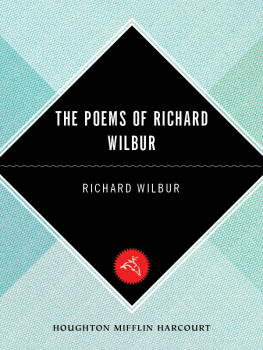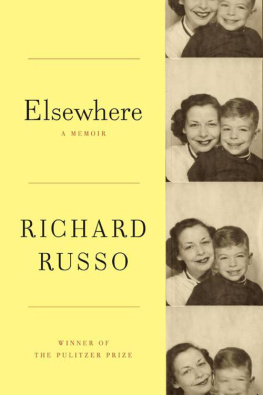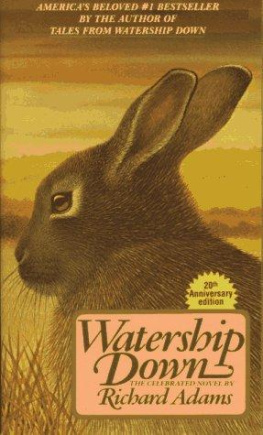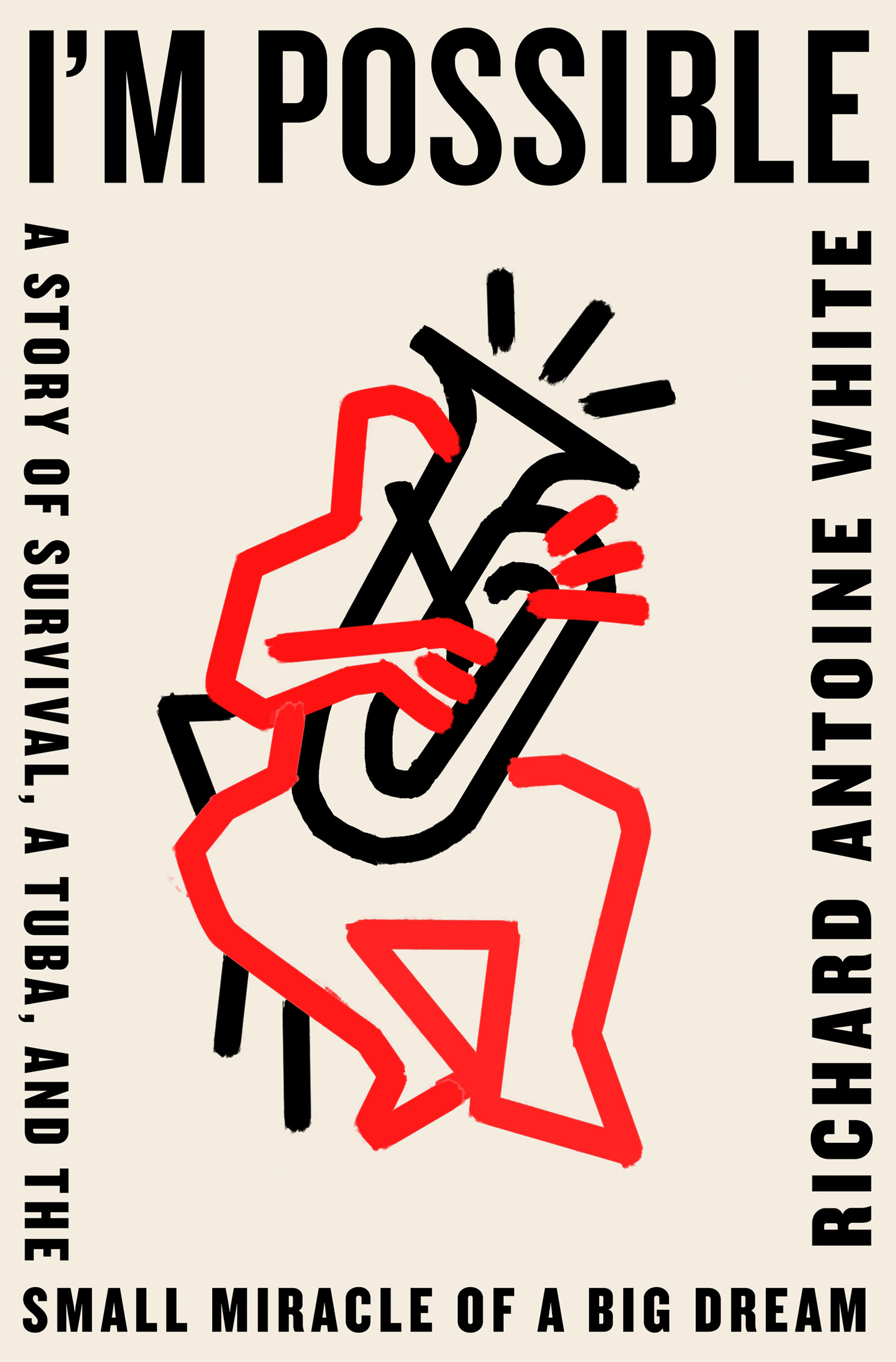Contents
Guide
Pagebreaks of the print version

The author and publisher have provided this e-book to you for your personal use only. You may not make this e-book publicly available in any way. Copyright infringement is against the law. If you believe the copy of this e-book you are reading infringes on the authors copyright, please notify the publisher at: us.macmillanusa.com/piracy.
TO CHERYL WHITE AND
RICHARD AND VIVIAN MCCLAIN
I button up my tux and the world shifts. For a short while, everything moves at half speed. I walk slowly. I sit slowly. I speak slowly. I conserve my breath. Buzzing into my mouthpiece, I walk onstage and am greeted by the plumage of red seats, soft and inviting. Slowly, quietly, the audience bubbles into the theater, which is aglow. They hush at the sight of us holding our instruments, flipping through the sheets on our stands, or closing our eyestrying to get close to the music one way or another.
I play the piece in my mind, letting it unfurl just as I want it to when I put my lips on the brass mouthpiece of my tuba.
I inhale an epic breath and allow myself, fleetingly, to think, I have made it.
The lights dim. The crowd settles. The conductor raises his arms and the hall pulses, alive.
The harp; the piano; the woodwindsflutes, oboes, clarinets, and bassoons; the stringsviolins, violas, cellos, and bass; the percussionsnares, xylophones, bass drum, and timpani; the brasstrumpets, French horns, trombones, and tuba. All our voices become one. One powerful voice that draws everyone present into a whole other world of hope and passion, sadness and joy, and possibility.
People pay attention when you say, Im the first You knowthe first in your family to go to college or the first woman to be president. In my case, Im the first African American to earn a doctorate of music in tuba performance. And when I say that, people pay attention, and sometimes they assume that Im a genius or that Im special. Based on how my life began, I can see that my musical journey seems like a minor miracle, that even the fact of my survival is some kind of marvel. But the most miraculous part of my story is not meit is the people who kept me from falling through the cracks, the people who saved my life. The people who cared enough to take me in, to teach me, to push me, to tell me something I wouldnt have otherwise known, and to challenge me to be better. Im no different from the next person, although I do possess a profound belief in what is possible and a deep gratitude for how I came to be here.
The first time my life was saved was on the day I was born. My mom was seventeen. My biological father was nineteenhe got locked up before I was born, and when I arrived in the world, he wasnt there. I was born premature at Maryland General Hospital and weighed just over a pound. Richard McClain, the man who raised me, said he could put me in his hand and close it. He would tell me, Boy, you had all those tubes hooked up to youcomin out your nose, goin into your mouth, and I would just feel so bad every time I went to go see you. Yes, sir. Sure glad you made it mmm hmmmmm.
The second time someone saved my life was a few months later. I have a small scar just to the right of my navel, a flat keloid scar thats as much a part of my body as my little finger or my nose. I cant remember a time when it wasnt there, but I never knew where it came from. Richard McClains son Ricky Jr. told me that when I was an infant, the McClain family got a call from someone in SandtownPennsylvania Avenuethe neighborhood in Baltimore where Im fromsaying that there was a baby screaming in an abandoned building. Everyone knew that my mom had a baby and that she had alcohol problems, and no one wanted to call Child Protective Services on her, so they called the McClains. Ricky Jr. came searching for me. The house was just a burnt-out shell, and when he found me there was a mischief of rats swarming around, nibbling on my side. He shot at themBam, Bamand they scattered, and he was struck with the fear that the shots would damage my hearing. It turns out my ears are okay.
To be honest, I have a great ear. I have my moms earCheryl could really sing, and shed sing all the time. She introduced me to music and she also instilled in me a powerful sense of determination that carried me through all manner of trouble.
We didnt have an apartment or a room that we had a key to. There was no place with a lease in my moms name. Sometimes we had shelter, but it was never a home. At the end of the day, I didnt know where home was. All I had was Mama, and from a very young age, I had a profound urge to protect her. Though I knew she had an illness, I believed that I could take care of her. But first, I had to find her. There werent any tricks for that. I would simply search every place I could remember. Oh, she might be in the park. Oh, she might be under the tree. Oh, she might be at this house or that house. Id search on an endless loop until I found her. Sometimes it would get dark before that happened and I would just crawl into an abandoned house and sleep there. That searching taught me perseverance. It taught me to keep working a problem until I solved it. Sometimes I feel like I do things the hardest way, but I never forget how to do them. I also have a tireless sense of optimism. I know that everything is possible.
I want you to read this story and feel like you are a superhero. I want you to read this book and dream big, impossible dreams. Looking at the beginning of my life, everyone would have thought it was impossible for me to survive, impossible for me to succeed, impossible for me to be who I have become. But here I am, standing on a stage, playing the tuba, living a happy life. I am possible. And therefore I know that anything is possible.
I am possible. You are possible. Everything is possible.
By the time I graduated from high school, my dream was to get an orchestra job. I didnt know that it is easier to get into the NBA than it is to get into a symphony orchestra. Your odds are even worse if youre African American. Less than 3 percent of orchestra musicians are African American. And while there might be thirty-two violins in an orchestra, there is usually only one tuba. Finding these jobs is like finding a needle in a haystack. But thats what I wanted. I wanted it so badly I could taste it.
I started professional auditioning in 1996, ten years after I began to play the tuba. To audition, you must be invited to play for the committee. When I tell you that I was invited to audition in Albuquerque for the New Mexico Symphony Orchestra, it sounds rather elegant. Maybe youre picturing a handful of musicians in their tuxes, so it is important that you understand that these werent auditions of only the elite; they were cattle calls.
I scraped together money for the plane ticket, the overweight luggage fee, and the oversized luggage fee to fly my two tubas in their hard cases. I stayed with an old friend, Peter Landers, and slept on his couch.
The next morning when I showed up at the old church the orchestra was using for auditions, I was herded into the warm-up room with ten other tuba players who were all auditioning for the same joband we were just the first batch. In an hour, another ten people would show up. The committee probably heard thirty or forty players that day. I drew a number from a big glass bowl just inside the door to see which batch of players I would audition with.


